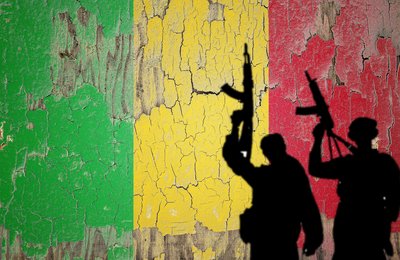Information on the conflict in Mali and the local peacebuilding organisations helping to rebuild society.
Mali faces many challenges in the context of a political, security, socio-economic and humanitarian crisis which is affecting much of the Sahel region.
In particular, it is seeking to build on the terms of a 2015 peace deal aimed at ending the armed conflict in its northern regions, which began in 2012.
This began when a loose coalition of armed political and religious groups attacked Malian government forces stationed in the north of the country. They took control of a large amount of territory, proclaiming the establishment of an unrecognised state of 'Azawad'.
A French-led military operation later reestablished control over this territory. The UN MINUSMA mission is now supporting the development of a political process to build lasting peace, in a country which has seen several other periods of armed conflict.
But violence continues and there have been renewed clashes with the army in northern Mali, as well as incidents such as the Bamako hotel attack. Deep-seated issues of poverty, poor governance, trafficking, corruption and a worsening food crisis have fuelled the conflict, from which thousands of people have now fled. Many are living in refugee camps in Burkina Faso and Niger.

























